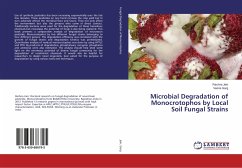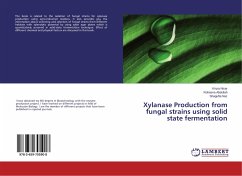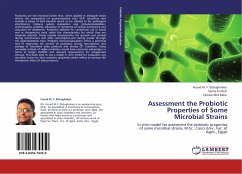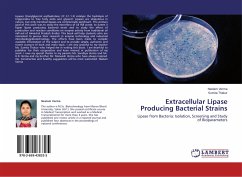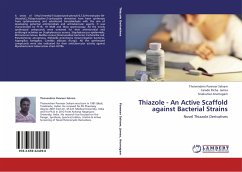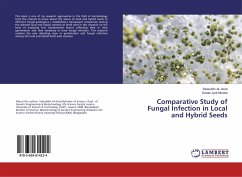Use of synthetic pesticides has been increasing exponentially over the last few decades. These pesticides on one hand increase the crop yield but in turn adversely affects the microbial flora and fauna. They not only affect the environment but also the persons who come in direct contact. Traditionally bacteria were used for the degradation of these hazardous chemicals but nowadays the potential of fungi is also being explored. This book presents a comparative analysis of degradation of neurotoxin pesticide, Monocrotophos by five different fungal strains belonging to four different genera. The degradation efficiency was correlated with the growth of fungal strains and degradation kinetics was premediated. Quantitative analysis of residual monocrotophos was done by using HPTLC and FTIR. By products of degradation; phosphatases, inorganic phosphates and ammonia were also estimated. The analysis should help shed some light on the enormous potential of diverse fungal community for thedegradation of recalcitrant chemicals. It would also be helpful for researchers to design novel organisms, best suited for the purpose of degradation by using various tools and techniques.
Bitte wählen Sie Ihr Anliegen aus.
Rechnungen
Retourenschein anfordern
Bestellstatus
Storno

